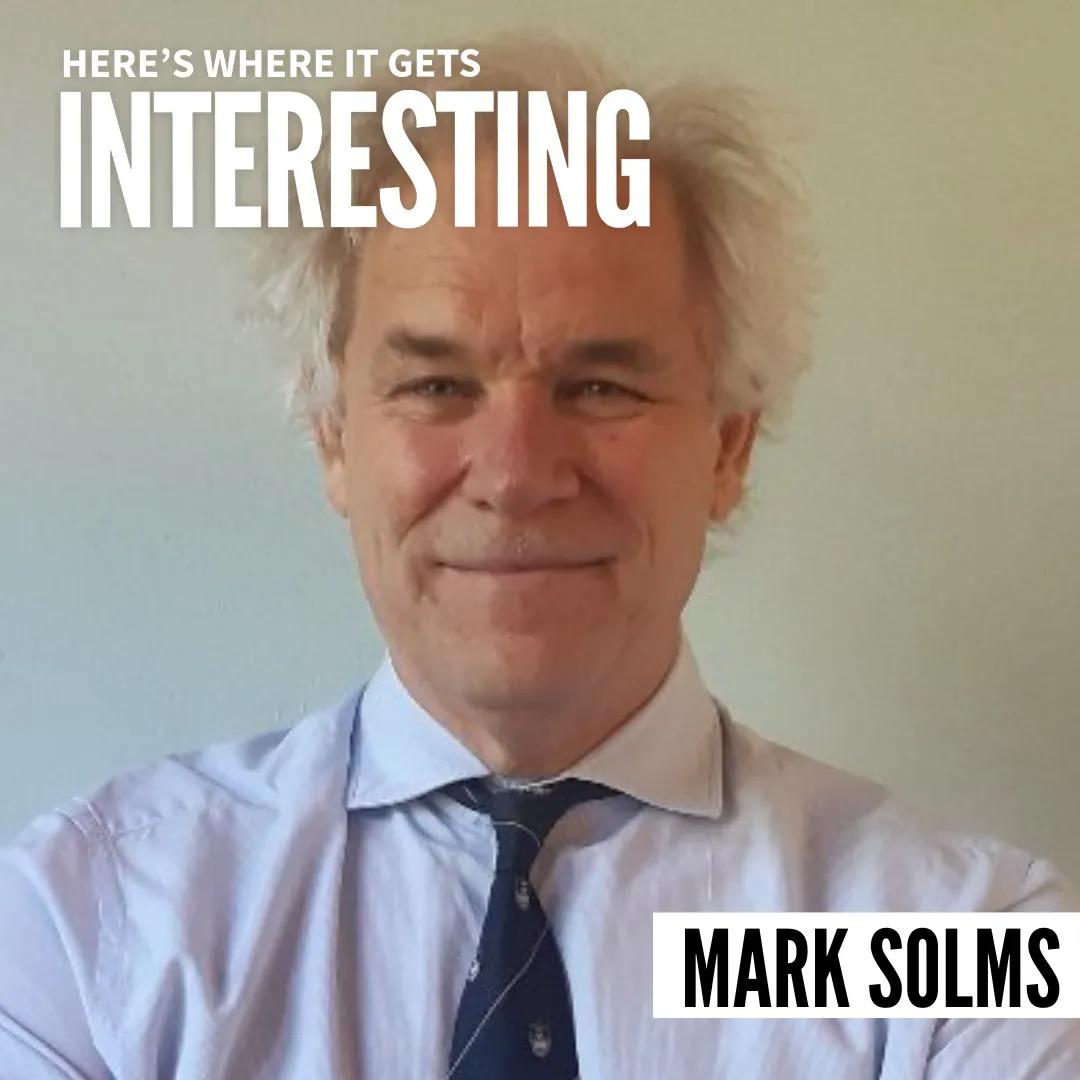Interviews
Interviews

Interviews
Your Mind is an Amazing Place with Dr. Mark Solms
Your Mind is an Amazing Place with Dr. Mark Solms
Ever wonder what is going on in your head? Sharon is joined by neuropsychologist, Dr. Mark Solms, to discuss some seriously brain-tingling facts. Dr. Solms has been studying human consciousness for decades, and in his newest book “The Hidden Spring,” he explains that human consciousness is defined by feelings, not intelligence. Sharon and Dr. Solms discuss why we may (or may not) hear a little voice in our heads as well as the importance of dreams and what they tell us about human consciousness. Join Sharon and Mark as they explore the fascinating world of the human mind.
- Host: Sharon McMahon
- Executive Producer: Heather Jackson
- Audio Producer: Jenny Snyder
- Host: Sharon McMahon
- Executive Producer: Heather Jackson
- Audio Producer: Jenny Snyder
Guests
Guests

Mark Solms
Mark Solms is a professor of neuropsychology at the University of Capetown in South Africa where he is the director of neuropsychology and a lecturette in neurosurgery at the Royal London Hospital.